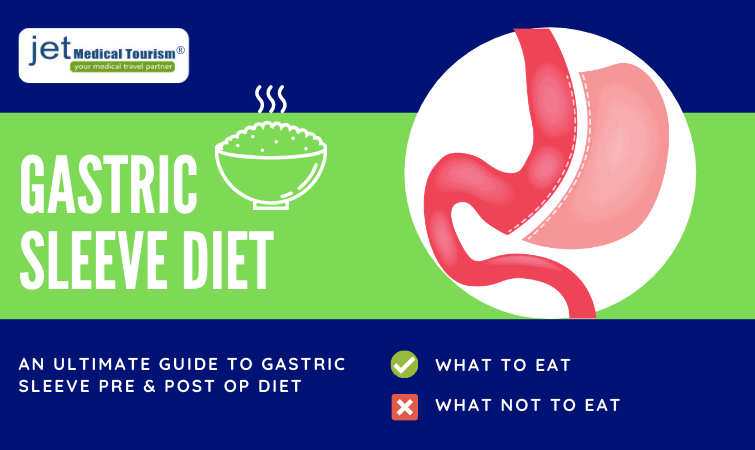Diarrhea After Gastric Sleeve Surgery

Diarrhea after gastric sleeve surgery is a common discomfort that patients experience, and while this isn’t necessarily serious, it can be uncomfortable and can lead to dehydration if you don’t take steps to correct it.
The main reason patients experience diarrhea after gastric sleeve surgery in Mexico is because of the changes that occur following the procedure, including the new shape of the stomach, a new diet, and a new lifestyle.
Fortunately, post-gastric sleeve diarrhea can usually be managed with dietary changes, so here’s what you need to know to prepare for the days following your gastric sleeve procedure.
Gastric sleeve surgery is very popular and very effective as a weight loss solution, but that doesn’t mean there aren’t complications to be prepared for after surgery.
Causes of diarrhea after gastric sleeve surgery
Diarrhea is distinguished as an increase in frequency in bowel movements and loose, watery stool. Even though you may not notice a difference, diarrhea is broken down into different classifications based on its cause including:
- A virus, bacteria, or another pathogen, resulting in infectious diarrhea, which is resolved when the body fights off the intruding germs
- Intestines secrete too much liquid faster than it can be absorbed. This excess of fluid causes secretory diarrhea and can be the result of drugs, toxins, or laxatives
- Certain foods that prevent the proper absorption of water by the intestines, leading to osmotic diarrhea. Avoid this by fasting and staying away from the foods induce this type of diarrhea (dairy is a common irritant)
Using diet to control diarrhea
Diet is the most common cause of diarrhea in patients who have had gastric sleeve performed, mainly because it can lead to something called dumping syndrome, and the primary symptom of this is diarrhea.
Dumping syndrome happens when undigested food from the stomach gets sent to the small intestine before it should, and this causes nausea, vomiting, and diarrhea, among other symptoms.
Dumping syndrome after getting gastric sleeve is often triggered by the consumption of fatty or sugary foods, and you can prevent it by eating a healthy and balanced diet that’s high in fiber, and by consuming fat and sugar only in moderation.
Another common reason for diarrhea after gastric sleeve in Mexico is the adjustment your body goes through as it gets used to a new diet. The two weeks immediately following surgery, when your diet will consist entirely of liquids, can temporarily cause diarrhea. In general, diarrhea will resolve itself once your body gets used to your liquid-only intake.
Healthy eating habits to prevent diarrhea
Along with eating a healthy diet as recommended by your doctor or dietician, there are also eating habits you can adopt that will help prevent diarrhea after gastric sleeve.
First of all, it’s important to eat small portions and to have multiple meals throughout the day, rather than trying to eat fewer more substantial meals. Another significant practice is to avoid drinking water 30 minutes before or after a meal, as this will prevent stomach stretching.
Diarrhea is a common occurrence after gastric sleeve surgery, but there are steps you can take to avoid it. Mainly, you’ll want to eat small meals and healthy foods, and avoid sugary and fatty foods that can lead to dumping syndrome.
If you do not know what you should be eating following your surgery, then schedule a nutritional consultation with your doctor or a dietician.
Find out if you qualify for the Tijuana Mexico Gastric Sleeve by clicking through to our online application form or contact us today to find out more.



